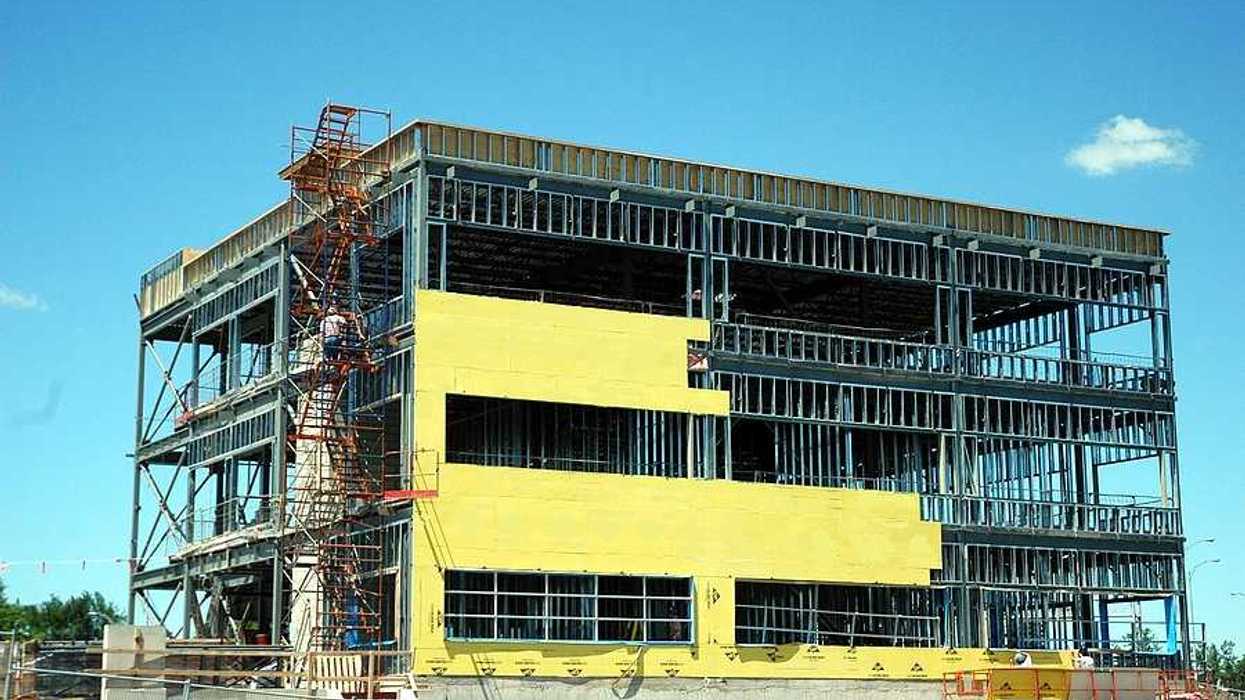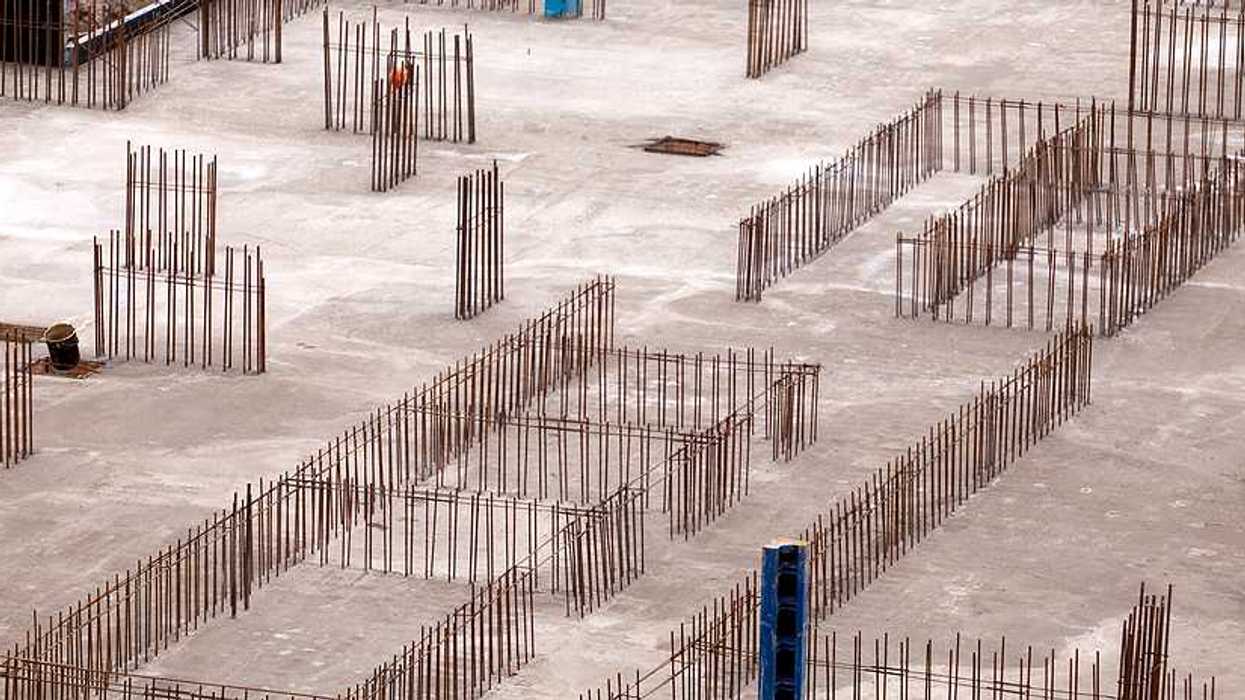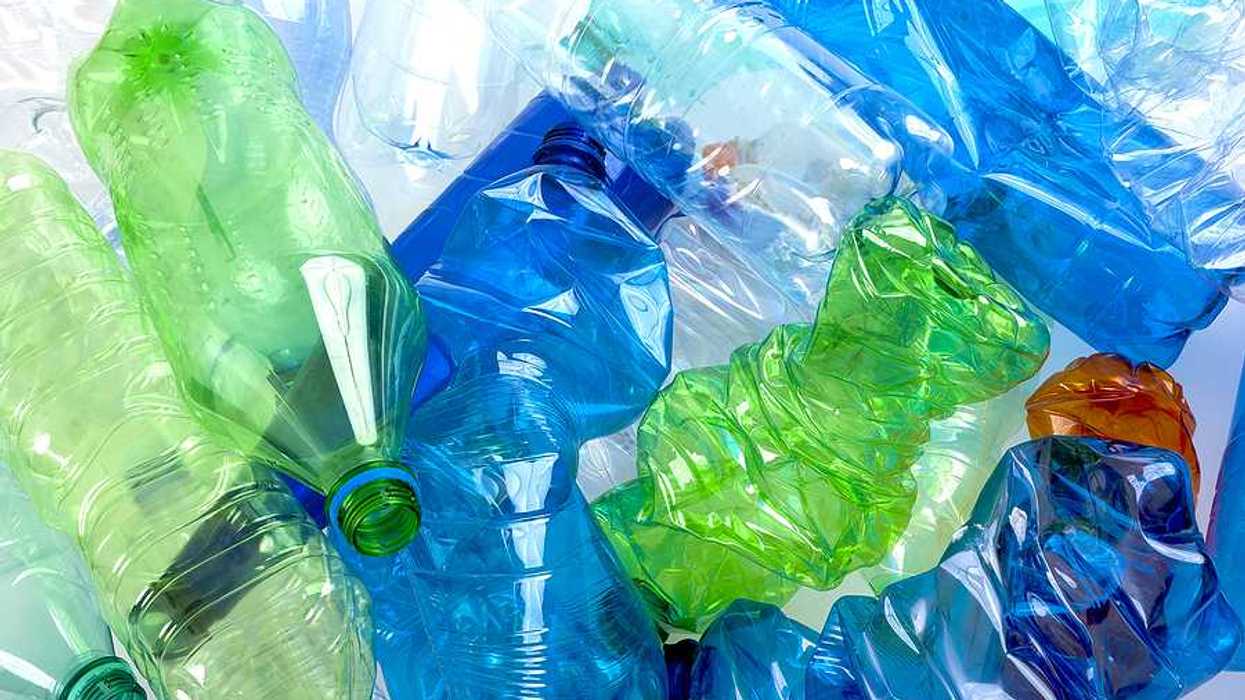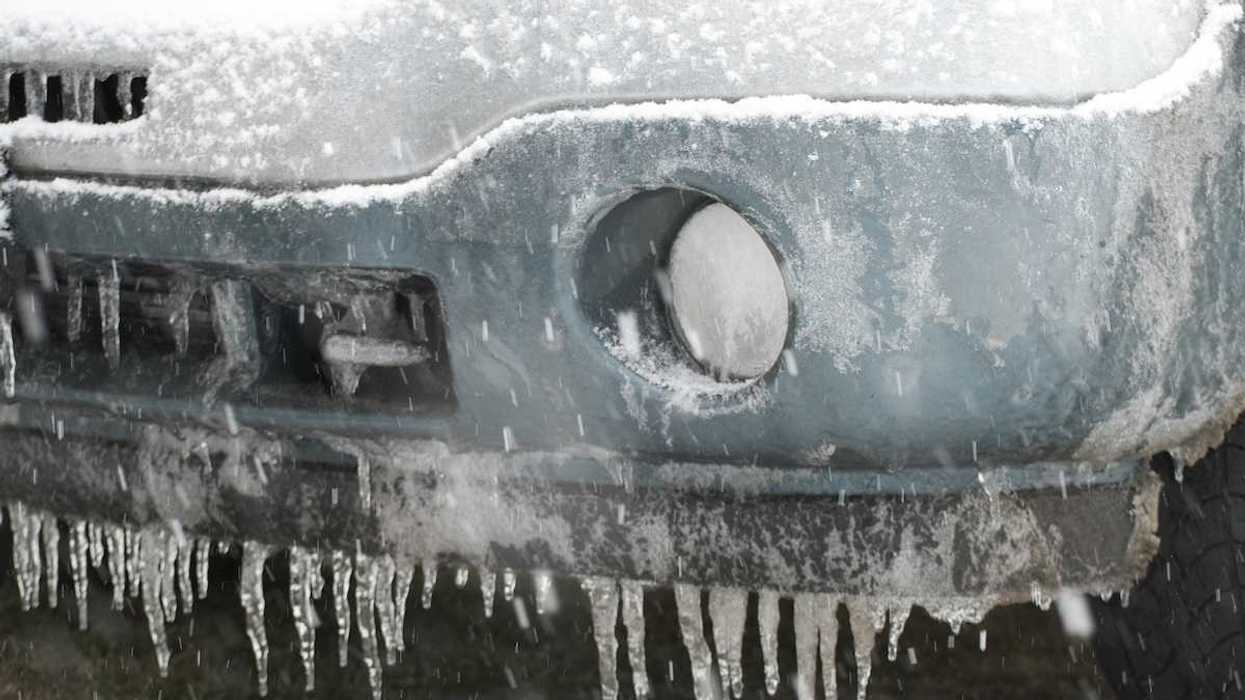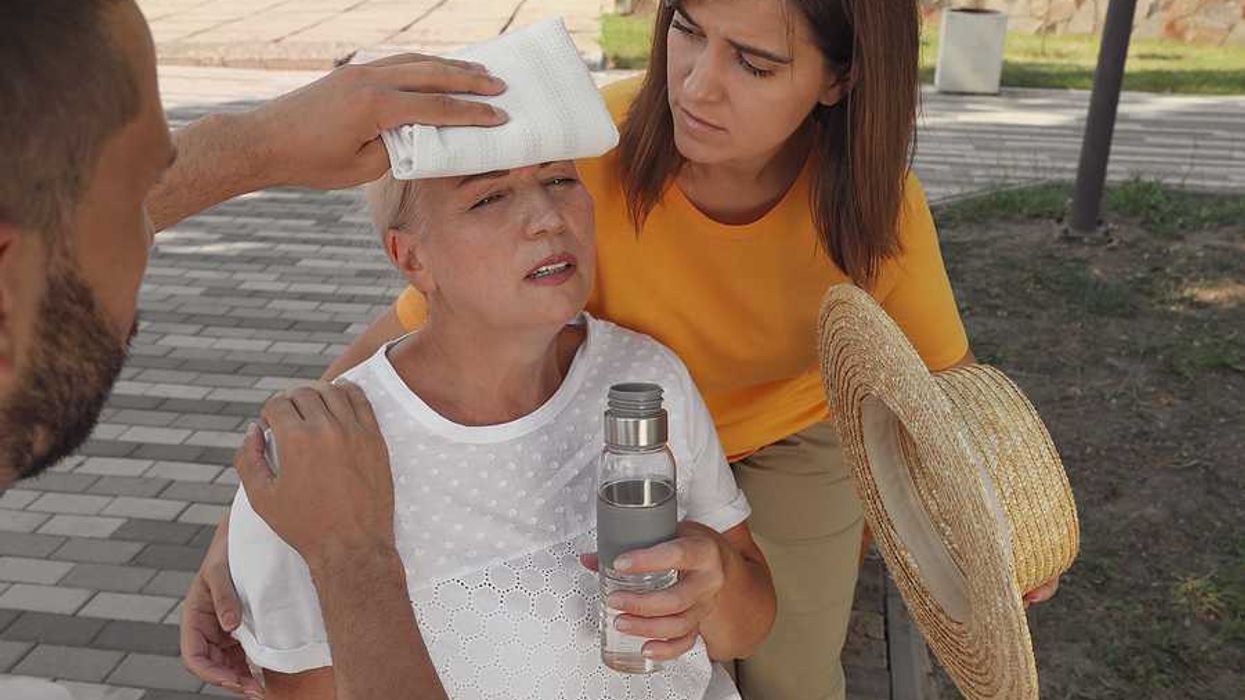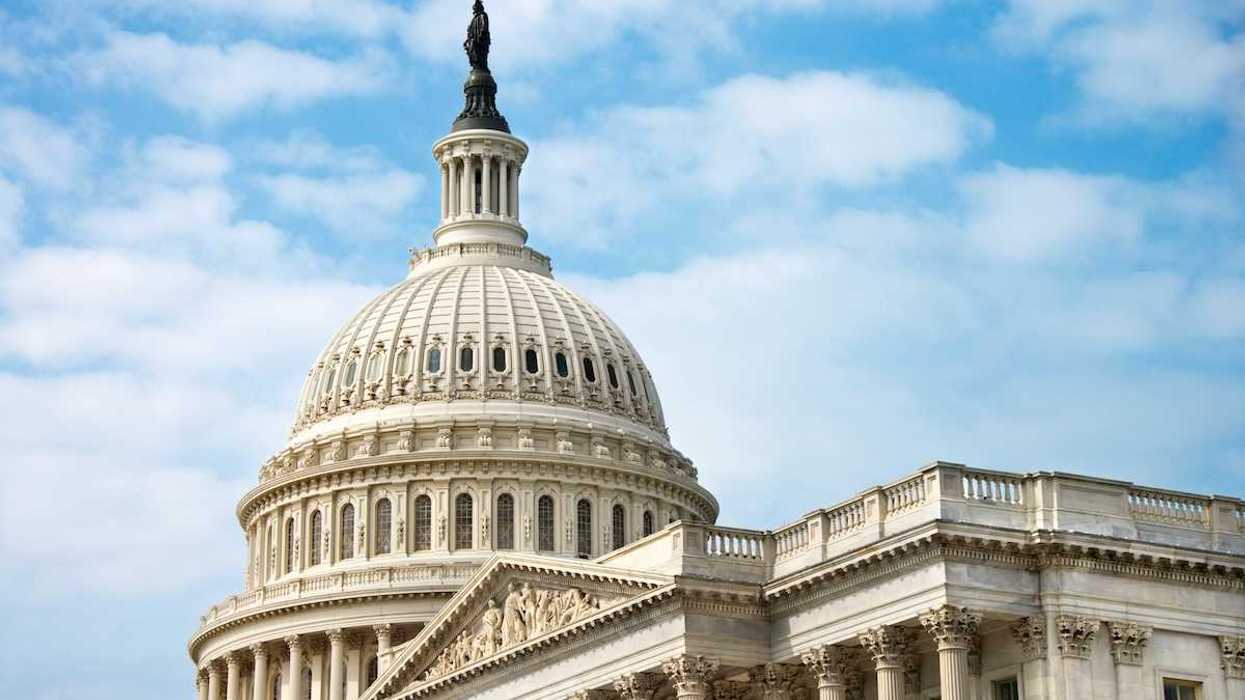Residents of Canob Park, Rhode Island, suffered from gasoline-contaminated tap water for over a decade due to leaks from underground storage tanks, highlighting ongoing groundwater pollution risks nationwide.
Jordan Gass-Poore reports for The Associated Press.
In short:
- Groundwater contamination from underground storage tanks remains a significant issue, affecting nearly half of Americans who rely on groundwater for drinking water.
- Leaks, even from tiny holes, can release hundreds of gallons of fuel annually, posing health risks and environmental damage.
- Cleanup efforts are costly and ongoing, with more than 57,000 sites still needing remediation despite substantial federal and state investments.
Key quote:
“You really have to do extensive testing to determine when these underground storage tanks are leaking and take immediate action or every week it spreads and spreads, and that increases the cost of remediation.”
— Anne Rabe, environmental policy director at the New York Public Interest Research Group
Why this matters:
This contamination problem has emphasized the vulnerabilities in our infrastructure, revealing how aging and poorly maintained underground storage systems can have severe consequences for public health and the environment. As the gasoline seeped into the groundwater, it not only tainted the water supply but also threatened the ecosystem. The carcinogenic compounds in gasoline, such as benzene, pose long-term health risks, including cancer and other chronic diseases.



